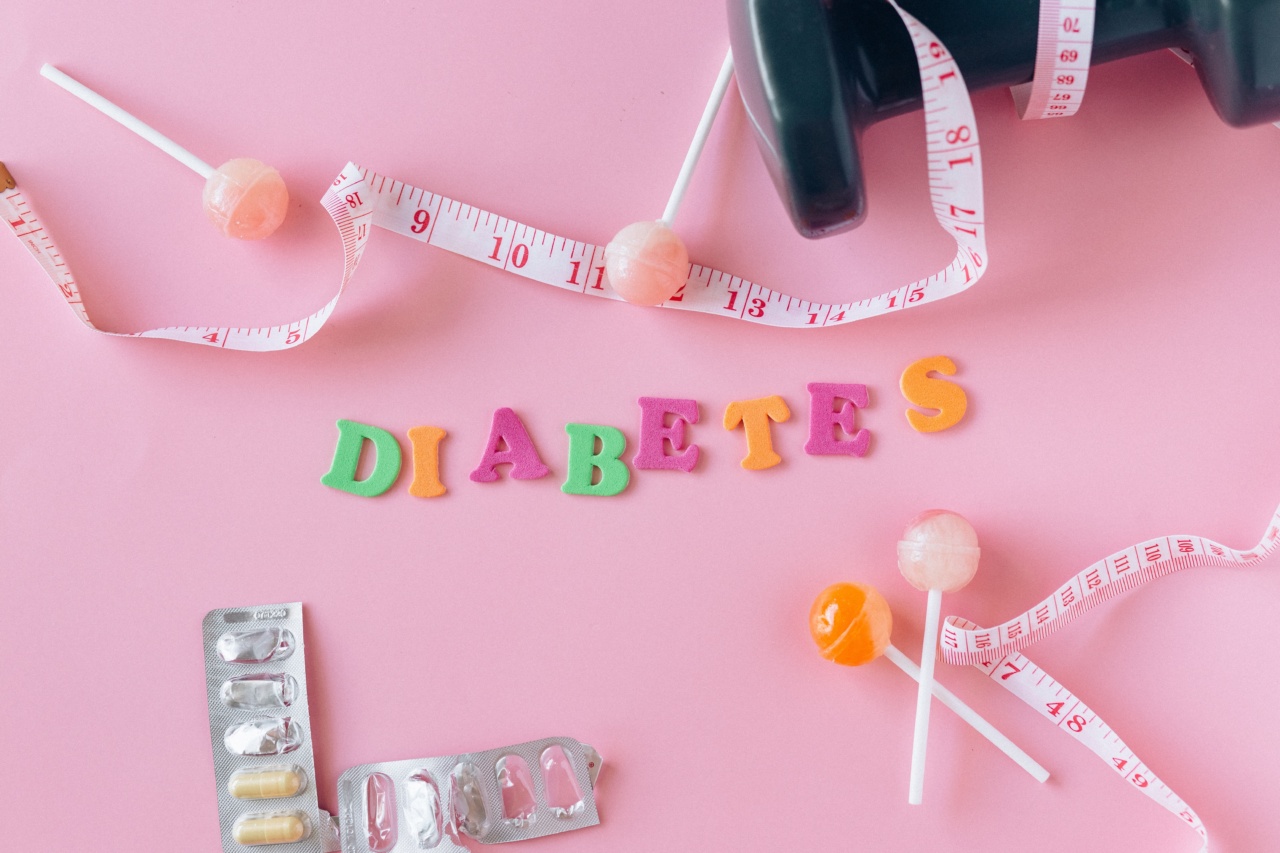Diabetes is a metabolic disorder characterized by high blood sugar levels, often caused by the body’s inability to produce or effectively use insulin.
While the condition primarily affects blood glucose regulation, it can also have serious implications for vision and eye health. In fact, diabetes is one of the leading causes of vision loss and blindness in adults worldwide.
Detecting Diabetic Eye Diseases
Diabetic eye diseases encompass a range of conditions that can affect various parts of the eye, including the retina, lens, and optic nerve. The most common diabetic eye diseases include diabetic retinopathy, cataracts, and glaucoma.
Detecting these conditions early is crucial for preventing vision loss and managing the complications associated with diabetes.
The Importance of Regular Eye Exams for Diabetics
If you have diabetes, regular eye exams are essential in preserving your vision. Your eye care professional can conduct a comprehensive evaluation to detect any signs of diabetic eye diseases, even before symptoms manifest.
Timely detection and intervention can significantly reduce the risk of vision loss and help maintain your eye health.
Managing Blood Glucose Levels
One of the most effective ways to prevent vision loss from diabetes is to manage your blood glucose levels.
Keeping your blood sugar within a target range recommended by your healthcare provider can help reduce the risk of developing diabetic eye diseases and slow their progression if already present.
A Balanced Diet for Eye Health
Eating a balanced diet that prioritizes eye health is critical for individuals with diabetes. Include foods rich in antioxidants, such as leafy greens, colorful fruits, and vegetables, as they help combat oxidative stress and inflammation in the eyes.
Additionally, incorporating omega-3 fatty acids found in fish, nuts, and seeds can provide protective benefits for the eyes.
The Role of Physical Activity
Regular physical activity plays a vital role in managing diabetes and protecting your vision.
Engaging in aerobic exercises, such as brisk walking, cycling, or swimming, can improve insulin sensitivity, aid in weight management, and enhance overall cardiovascular health. All of these factors contribute to the prevention of diabetic eye diseases.
Control High Blood Pressure and Cholesterol Levels
Individuals with diabetes are more likely to develop high blood pressure and high cholesterol, both of which can increase the risk of vision loss.
It’s crucial to monitor and manage these conditions through medication, lifestyle modifications, and regular check-ups with your healthcare provider.
Don’t Smoke and Limit Alcohol Consumption
Smoking significantly increases the risk of developing diabetic retinopathy and other eye diseases. It can also worsen existing eye conditions and lead to more rapid vision loss.
Similarly, excessive alcohol consumption can contribute to increased blood pressure and other health complications that negatively impact eye health.
The Importance of Regular Medication and Insulin Management
If you have been prescribed medications or insulin to manage your diabetes, it is vital to take them as directed by your healthcare provider.
Consistency in medication and insulin management helps regulate blood sugar levels and reduces the risk of complications, including vision problems associated with diabetes.
Protect Your Eyes from Harm
Preventing physical injury to the eyes is essential for individuals with diabetes. Wear protective eyewear when engaging in sports, working with tools, or participating in any activity where your eyes may be at risk.
Additionally, shield your eyes from harmful ultraviolet (UV) rays by wearing sunglasses that offer 100% UV protection, particularly in sunny or high-glare environments.
The Benefits of Regular Sleep and Stress Management
A good night’s sleep and effective stress management are crucial for overall health, including maintaining eye health in individuals with diabetes.
Poor sleep and chronic stress can lead to an increase in blood sugar levels, which can, in turn, worsen diabetic eye diseases. Prioritize sufficient sleep and implement stress-reducing practices, such as relaxation techniques or engaging in hobbies you enjoy.






























